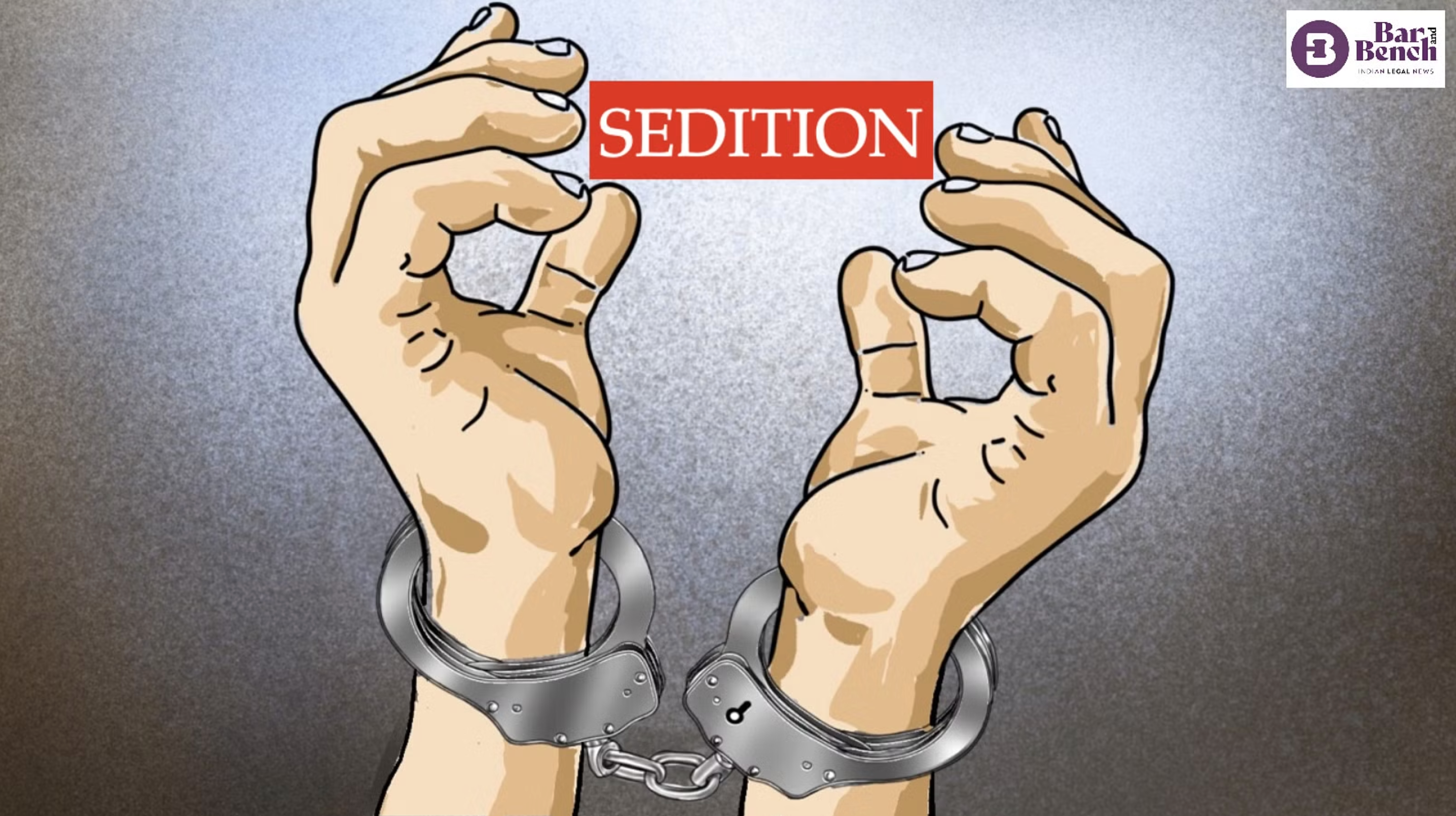PUCL on Law Commission Report on Sedition

Tags: Sedition, Law commission, PUCL, Report
Related Issue: Freedom of Speech and Expression, Sedition, Abuse of Law
The Report by the Law Commission of India headed by former Karnataka High Court Chief Justice, Ritu Lal Awasthi, has signally failed to contribute to dislodging the colonial and unconstitutional offense of sedition from the statute books. Instead the Report recommends a minor modification of Section 124-A of the IPC, ignoring the concern that sedition is an over broad, arbitrary offence which has no place in a constitutional republic.
Sedition under Section 124-A was defined as bringing the government established by law into ‘hatred’ or ‘contempt’ or ‘exciting disaffection towards the government established by law. As per the proposed amendment sedition is now defined as bringing the government established by law into ‘hatred’ or ‘contempt’ or ‘exciting disaffection towards the government established by law with a ‘tendency to incite violence or cause public disorder’ Further FIRs can be registered only after a police officer not below the rank of an Inspector conducts a preliminary inquiry and grants permission for registering an FIR.
The Law Commission does not engage with the troubling way sedition has been used particularly after the coming to power of Narendra Modi. A study by Article 14 indicates that:
- 65% of nearly 11,000 individuals in 816 sedition cases since 2010 were implicated after 2014 when Modi took office. Among those charged with sedition: opposition politicians, students, journalists, authors and academics.
- 96% of sedition cases filed against 405 Indians for criticising politicians and governments over the last decade were registered after 2014, with 149 accused of making “critical” and/or “derogatory” remarks against Modi, 144 against Uttar Pradesh (UP) chief minister Yogi Adityanath.
- Much of this increase is due to a surge in sedition cases after protest movements, such as those against the Citizenship Amendment Act (CAA), 2019 and the rape of a Dalit teen at Hathras in UP.
There is not a whisper in the report of the way sedition has been used to target activists, journalists, students and ordinary citizens in the Report. Rather the report argues that sedition is an essential tool to deal with a litany of challenges including Maoism, calls for self determination as well as the problem in Kashmir.
One can only conclude that for Justice Awasthi and his team, sedition is not a problem for the functioning of a democracy based on the freedom of speech and expression but rather is a tool which is required from the point of view of national security. In this thinking Justice Awasthi is out of tune with the serious criticisms of the law which have appeared in academia as well as the media as well as most importantly the jurisprudence of the Supreme Court.
Justice Awasthi’s report ignores the jurisprudence of the Supreme Court which has laid down the law on balancing the concerns of national security with human rights. The Supreme Court held in Anuradha Bhasin v. Union of India that restrictions of fundamental rights under Article 19(2) should satisfy the doctrine of proportionality. Unfortunately, Justice Awasthi’s Report fails to analyze whether Section 124-A is constitutional using the doctrine of proportionality.
The Law Commission has also completely ignored the jurisprudence around dissent and democracy as laid down by the Supreme Court in Shreya Singhal vs Union of India. In this case the Court struck down section 66A of the Information Technology Act. The Court reasoned that there are three concepts when it comes to freedom of speech namely, ‘discussion’, ‘advocacy’ and ‘incitement’. ‘Mere discussion or even advocacy of a particular cause howsoever unpopular is at the heart of Article 19(1)(a). It is only when such discussion or advocacy reaches the level of incitement’, that, ‘a law may be made curtailing the speech or expression that leads inexorably to or tends to cause public disorder or tends to cause or tends to affect the sovereignty & integrity of India, the security of the State etc.’
The Law Commission is out of sync not only with the Supreme Court but also strangely the position of the Union of India in the Supreme Court. As the Supreme Court observed in SG Vombatkere v Union of India :
..it is clear that the Union of India agrees with the prima facie opinion expressed by this Court that the rigors of Section 124A of IPC is not in tune with the current social milieu, and was intended for a time when this country was under the colonial regime.
Chief Justice Awasthi as the Chief Justice of the Karnataka High Court, was the author of the infamous judgment upholding the ban on wearing hijabs in the classroom. Today he has authored a report which callously ignores the way Section 124-A impinges on the freedom of speech and expression. In its defence of a colonial unconstitutional law, unfortunately the Law Commission is singularly alone.
This Report deserves to be dumped in the dustbin of history. The people of the country have to stand up against sedition and all other draconian laws, so easily used by the BJP, to muzzle any dissent which opposes its anti-constitutional project of establishing a Hindu Rashtra.